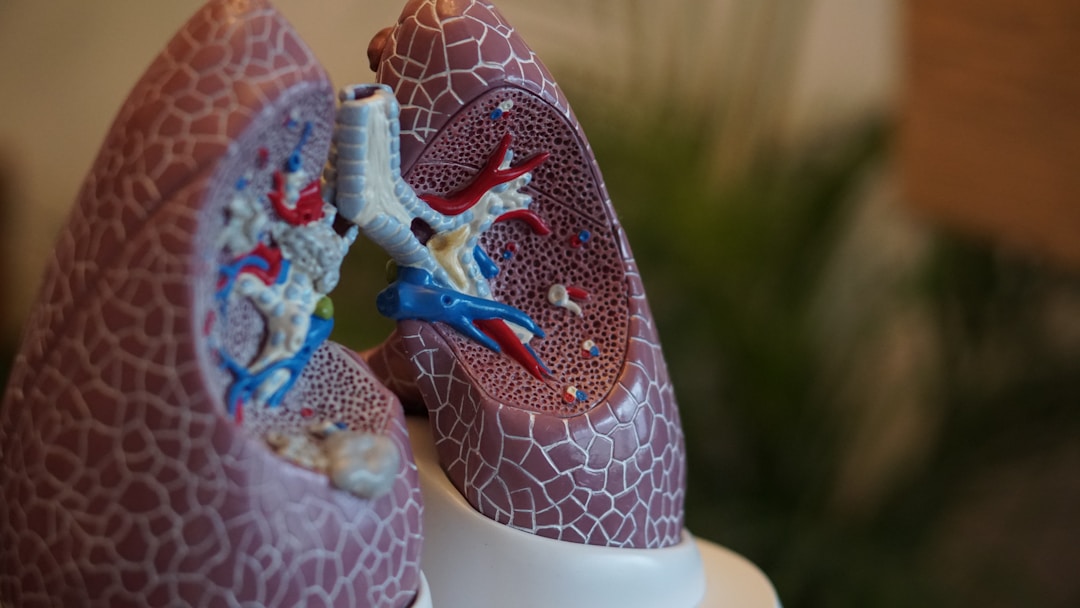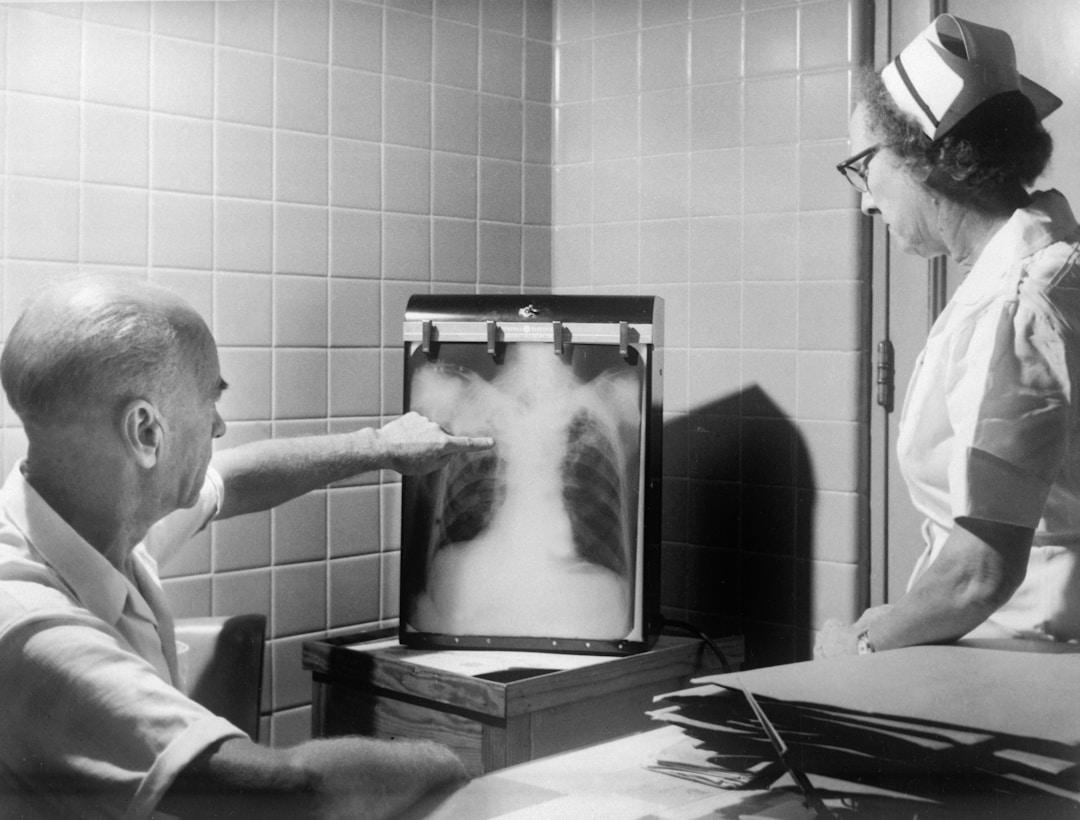
Pulmonology is a medical specialty dedicated to the respiratory system. Pulmonologists play an integral part in the global health care space, and their services have become sought-after now more than ever in today’s COVID-19 era.
This article delves into what it takes to become a pulmonologist if it is one of your aspirations.
What is a pulmonologist, and what do they do?

Pulmonologists deal with several conditions, including lesions, lung cancer, chronic obstructive pulmonary disease (COPD), and several other rare cases.
Generally, their expertise includes infectious, structural, inflammatory, and neoplastic respiratory diseases. As their practice falls under internal medicine, they may require the same specialized training as internal doctors receive in selective universities.
Prospective students in the field may need close to 10 years of higher education, and often, the acceptance rate is low. Colleges may demand similar application materials for enrollment into a pulmonology program.
Therefore, signing up for college application services from top college admissions consultants can be a great way to achieve your medical school educational goals.
College application service experts may better understand what your dream school says about your transcript, college essay, and other application essays. With this information, they can guide you through every step of the way.
What are the steps for becoming a pulmonologist?

Becoming a specialist in the field can take a period of time and a series of incremental steps. Here are some tips to help you on your journey.
1. Earn a bachelor’s degree.
The first step for high school students with pulmonology aspirations is to earn a high GPA. The best way to qualify for a premed class is to take basic biology, physics, chemistry, and math courses.
Premed can also equip you with advanced techniques for laboratory practice and clinical trials. After premed, you can take an admission test to qualify for any medical school of your choice.
Others may opt to take up entry-level jobs and internships with a health care provider after premed, but it’s essential to be conversant with bronchoscopy procedures and other pulmonology best practices.
If you must take jobs before med school, ensure to choose a health care team with a pulmonologist on board. That can be special preparation for your pulmonology career.
2. Apply to medical school.
To become a qualified internal medicine physician like a pulmonologist, you must first complete a four-year medical degree from an accredited medical school. Several university options come with different philosophies and requirements.
Making the best choice out of the lot can be daunting, but it’s essential to perform a background search on your preferred university options. Assess their scholarships and other educational offers to ensure your top choice is the right fit.
Generally, the application process includes GPA evaluation, letters of recommendation, and volunteer experiences. Your admission test score can also play a vital role.
This exam assesses your critical thinking and problem-solving skills and can also focus on your knowledge of basic science concepts. After, you can apply for your license to practice in your area.
3. Participate in an internal medicine residency.
After the medical school program, the next step is to follow up with a three-year intensive residency program. It’s a requirement in the internal medicine field.
You can only get board certification after residency, which brings you closer to the realities of the field, and you can find a mentor to help you with specific instructions in times of need.
If you want to specialize in a subspecialty of internal medicine like pulmonology, you will have to complete one to three more years of fellowship training.
4. Obtain your board certification.
The ultimate stage of this journey is becoming board certified in pulmonology and critical care medicine. This level of expertise can only come after your doctoral fellowship, which can take two to three years.
Pulmonology takes a lot of time to understand and master, but the career benefits of successful pulmonologists are endless if you can go through the mill.
About The Author:
Anne Kamwila is a freelance content writer and a digital marketer. She is passionate to write about health, technology, and business-related guides, news, and books.




